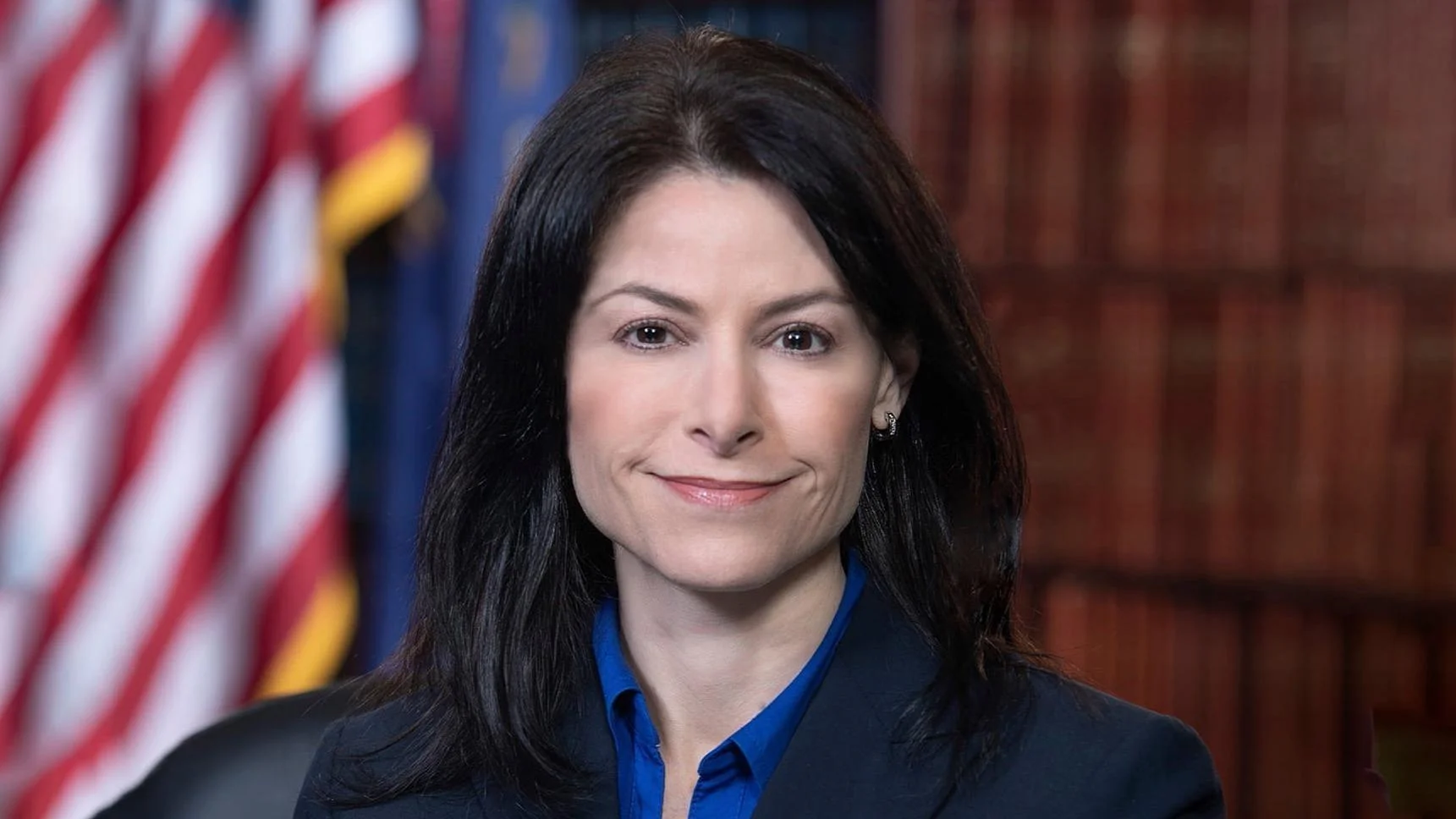Dana Nessel, Attorney General of Michigan | www.facebook.com
Dana Nessel, Attorney General of Michigan | www.facebook.com
The deadline for Michigan municipalities to join the $720 million National Opioid Settlement with eight pharmaceutical companies has been extended to November 5. This extension provides more time for local governments in Michigan to sign up and receive direct payments, with the state potentially receiving up to $24.5 million.
Attorney General Dana Nessel urged eligible municipalities that have not yet joined the settlement to submit their participation forms before the new deadline. “Opioid settlement dollars have already proven to make a real difference in our fight against the opioid epidemic,” Nessel said. “These funds can have an even greater impact when every eligible local government takes advantage of the national settlement, and I hope they use this extended deadline to sign on.”
The companies involved in this round of settlements are Mylan (now part of Viatris), Hikma, Amneal, Apotex, Indivior, Sun, Alvogen, and Zydus. Under the agreement, 279 local units of government in Michigan—referred to as subdivisions—are eligible to participate. The Department of Attorney General provides a full list of eligible subdivisions on its website and offers assistance via email for those needing help with participation forms.
Since 2019, Attorney General Nessel has focused on addressing the opioid crisis and holding responsible parties accountable. This effort has resulted in more than $1.8 billion directed to Michigan governments from settlements with companies including McKinsey & Co., Cardinal Health, McKesson, Inc., AmerisourceBergen, Janssen Pharmaceuticals, Teva Pharmaceuticals, Allergan Pharmaceutical, CVS, Walmart, and Walgreens. These funds are allocated for opioid-use disorder treatment and remediation programs across state and local levels.
Provisional data from the Michigan Department of Health and Human Services shows a 34% decrease in overdose deaths between 2023 and 2024—equivalent to about 1,000 fewer deaths. This decline is attributed to ongoing investments in prevention, treatment, recovery, and harm-reduction initiatives supported by funds from these settlements.






 Alerts Sign-up
Alerts Sign-up